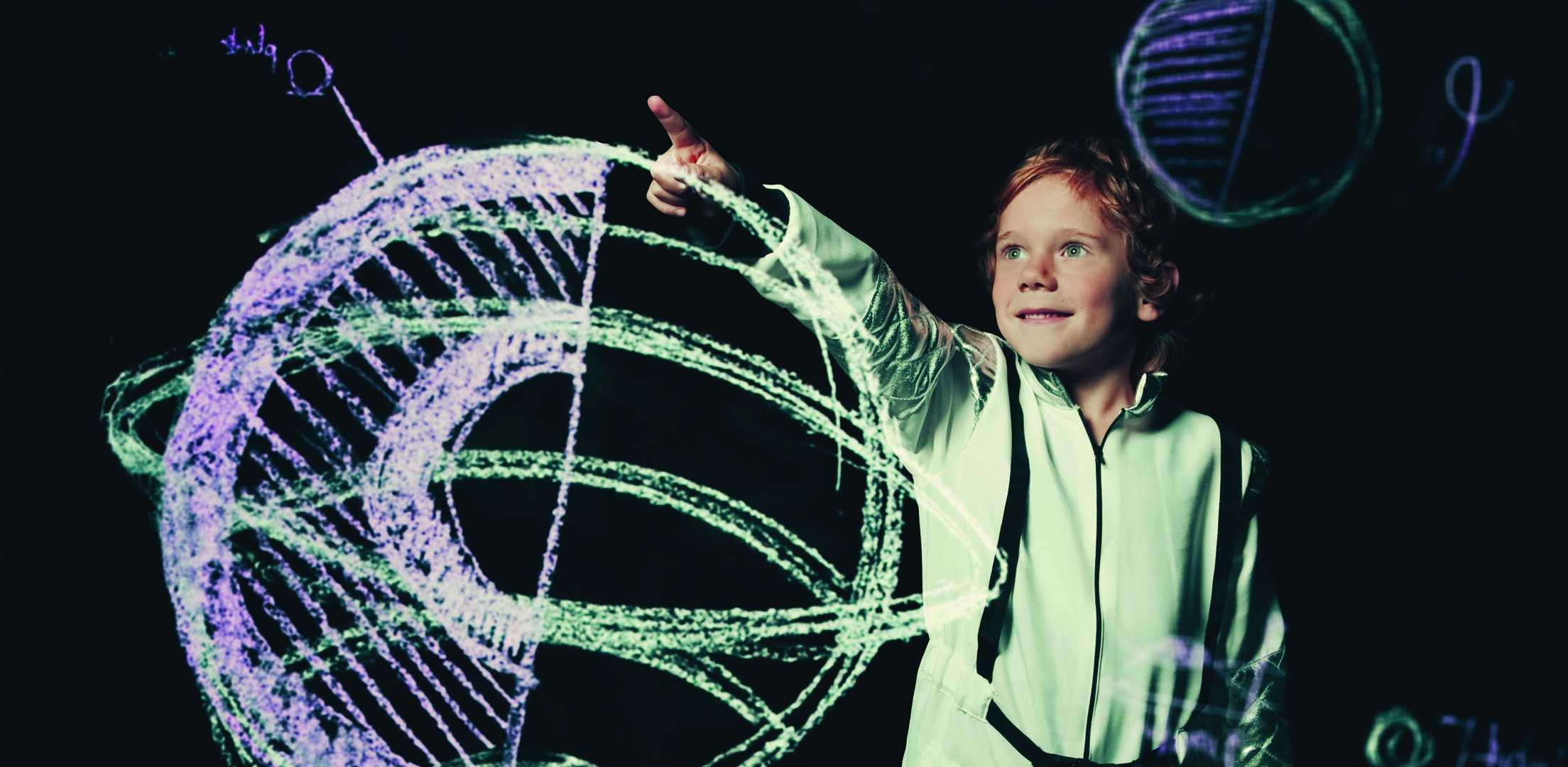2019-20 ESA Education School Projects
The ESA Education Office is pleased to announce the launch of five school projects aimed at primary and secondary school students that will run in the 2019-20 school year. These educational initiatives aim to help young people increase their literacy and competence in STEM disciplines (Science, Technology, Engineering, Mathematics) while stimulating students’ creativity and critical thinking.
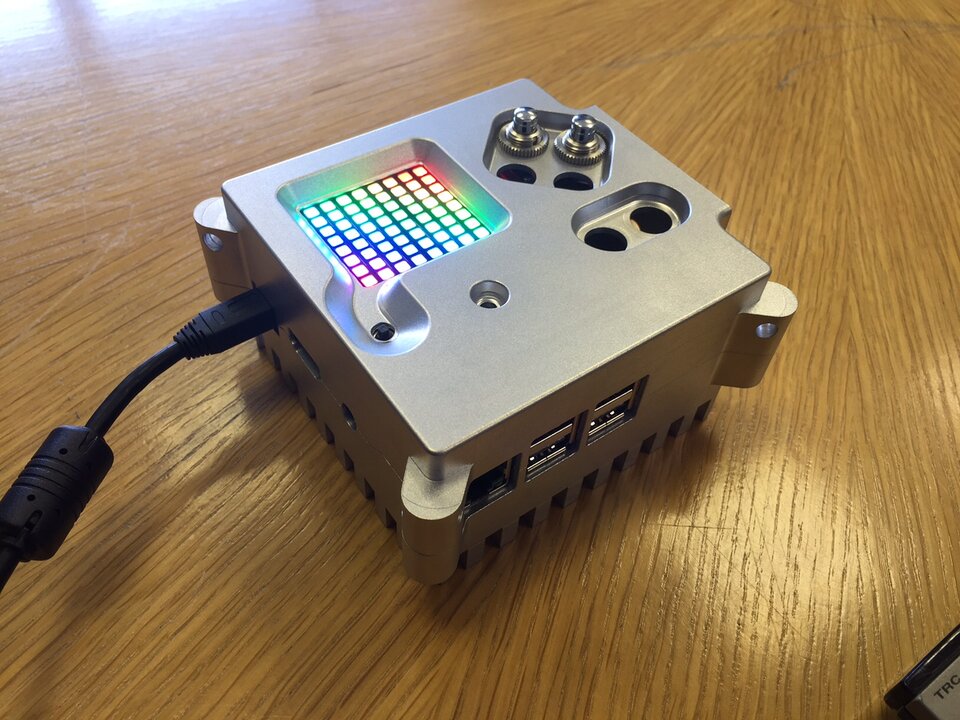
The European Astro Pi Challenge 2019/20
The European Astro Pi Challenge is an ESA Education project run in collaboration with the Raspberry Pi Foundation. It offers students and young people the amazing opportunity to conduct scientific investigations in space, by writing computer programs that run on Raspberry Pi computers on board the International Space Station (ISS). The Astro Pi challenge is divided in two separate missions featuring different levels of complexity: Mission Zero and Mission Space Lab.
Mission Zero: Open to students up to 14 years old. Open from 12 September 2019 to 20 March 2020.
Mission Space Lab, recommended for students aged 12 — 19. Phase 1: Design will be open from 12 September until 25 October 2019.
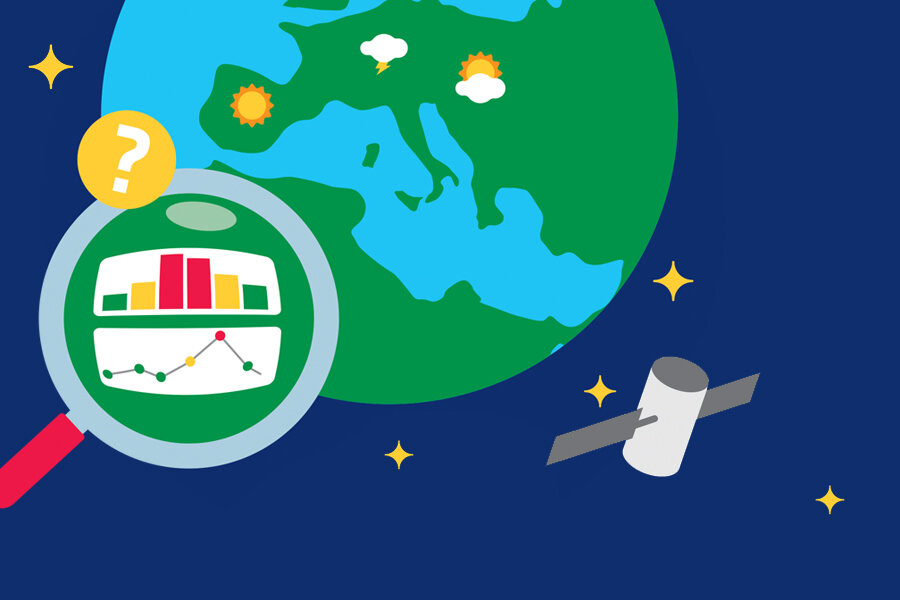
Climate Detectives
In this project, teams of students are challenged to “make a difference”; they identify and investigate a local climate problem by using satellite images or by taking measurements on the ground, and based on their results propose a way to monitor or mitigate it.
At key phases of the project, real experts in the field of Earth observation and climate will support the teams by giving feedback on their investigation plans.
See what teams have done in the past edition here.
Age Range: 8 — 15 years old
Project kick off: 18 September
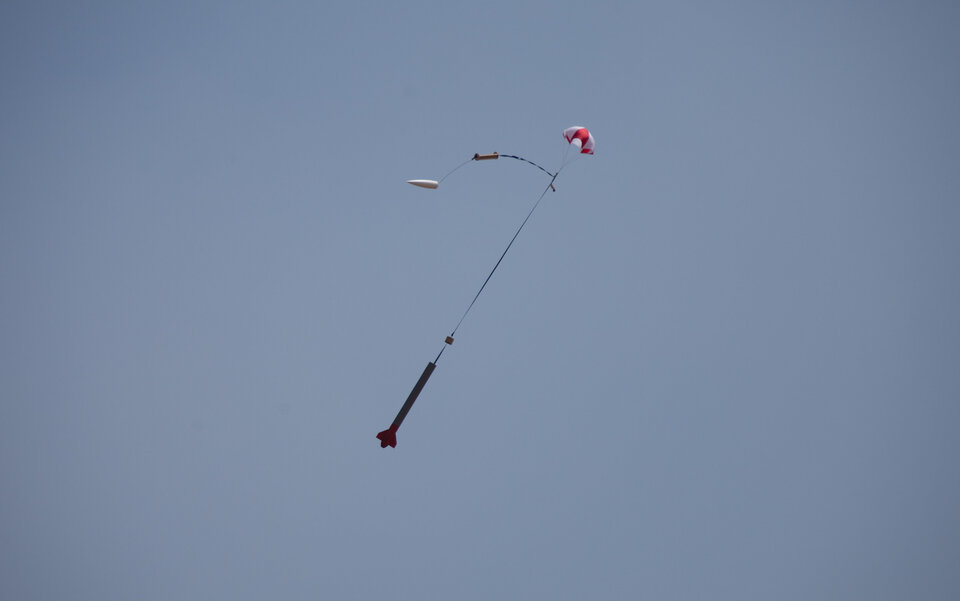
CanSat
In this project, teams build a small satellite (the size of a soft drink can) that will be launched up to 1 km on a small rocket. Teams must complete two missions: the primary mission, mandatory for all, requires the students to measure air temperature and pressure and receive these data at their ground station every second; the secondary mission is open to the students’ imagination and can range from science to engineering experiments. The 15th National CanSat competition will take place in the 2019-20 school year in: Austria, Belgium, Czech Republic, Denmark, Germany, Greece, Ireland, Italy, Malta, Nordic countries (Finland, Norway and Sweden), Portugal, Poland, Romania, the Netherlands, Spain, the UK. Teams from those countries will need to apply via their national organiser.
Application for teams from Estonia, France, Hungary, Luxembourg, Switzerland, Canada or Slovenia (directly through ESA) will open on 27 September. See the complete timeline of the Competition here.
Age range: 14 — 19 years old.
Dates to apply: 27 September — 2 December 2019
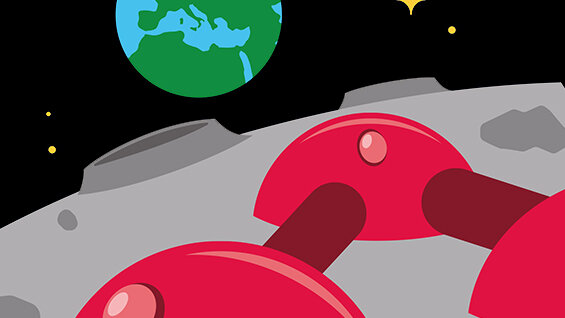
Moon Camp
In this international and inspirational programme students will use innovative learning technologies to design their own Moon settlement with a 3D modelling tool (Tinkercad or Fusion 360). Teams will also have to develop a number of scientific experiments to explore the extreme environment of space and understand how astronauts could live on the Moon.
Moon Camp Discovery (beginners): recommended for students aged 6 to 14 years old.
Open from 4 November 2019 to 25 March 2020(extended deadline)
Moon Camp Explorers (intermediate): up to (and including) 14 years old.
Open from 6 January 2020 to 25 March 2020
Moon Camp Pioneers (advanced): 15 to (and including) 18 years old.
Open from 6 January 2020 to 25 March 2020
Moon Camp is a collaboration between ESA and the Airbus Foundation, in partnership with Autodesk. More information here.
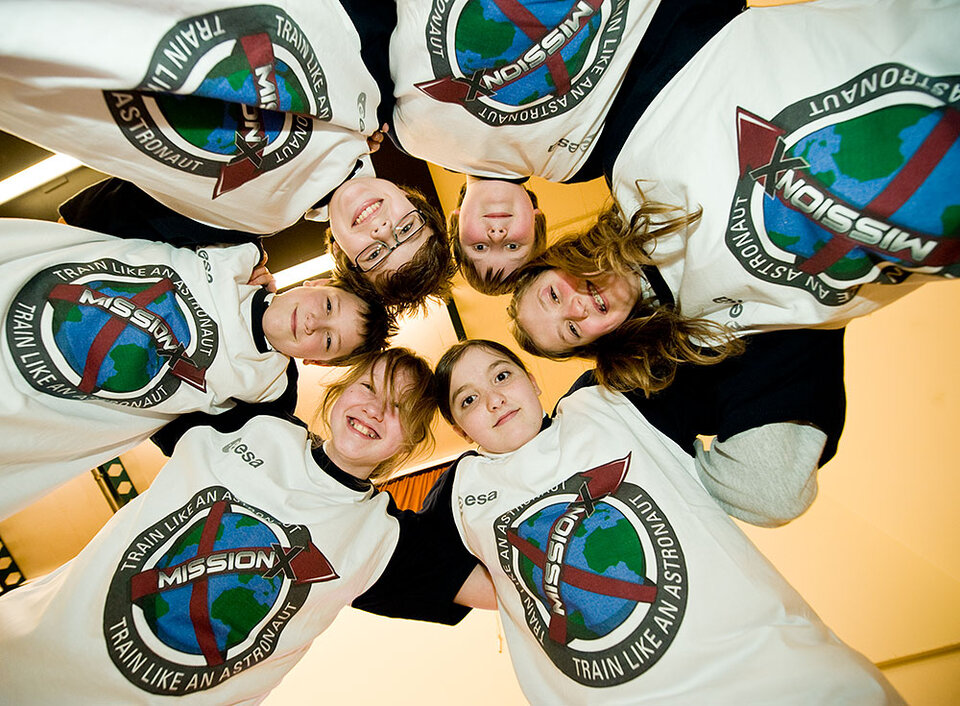
Mission X
Mission X: Train like an astronaut is an international educational challenge that focuses on health, science, fitness and nutrition and encourages pupils to train like an astronaut.
On this challenge, pupils practice scientific reasoning and teamwork whilst participating in hands-on STEM education and physical education activities targeting strength, endurance, coordination, balance and spatial awareness.
Age range: 8 — 12 years old
Challenge kick off: January 2020
Find out more about all of the ESA school projects and how to participate by visiting the ESA Education website.


